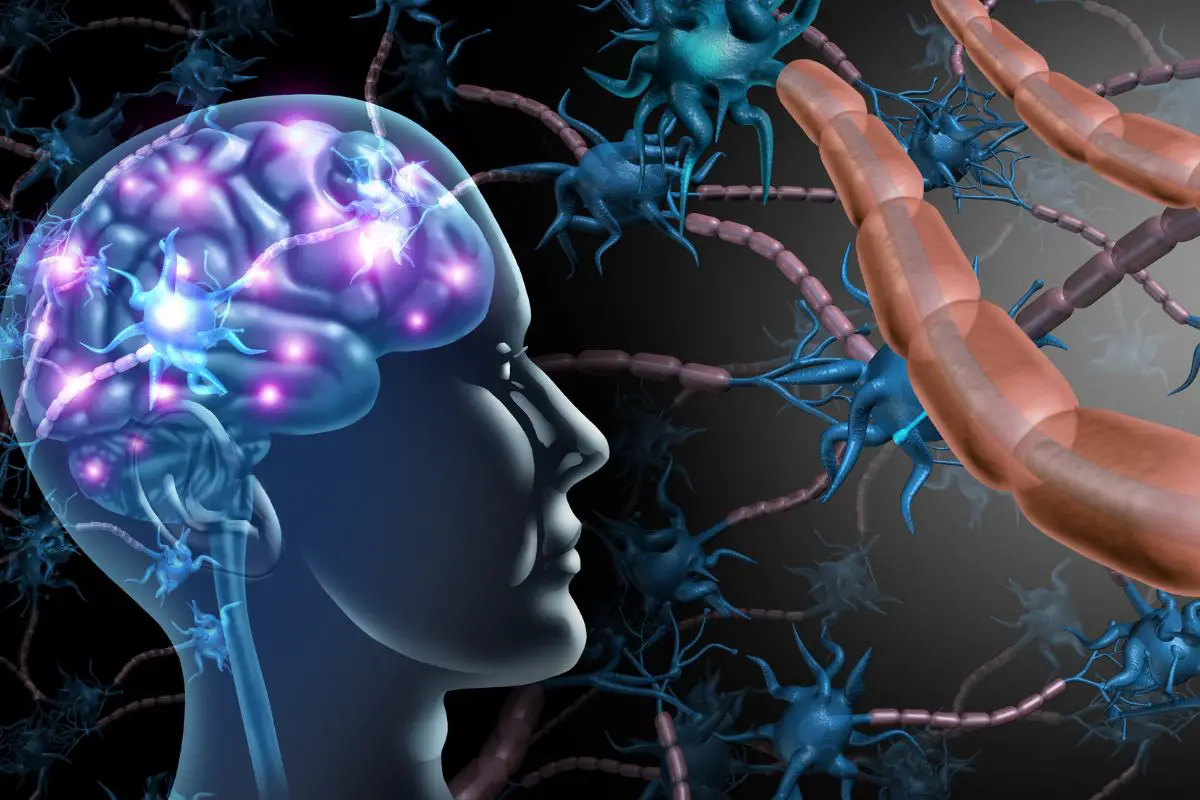Coffee is among the most consumed beverage in the world thanks to its many benefits. It has become a favorite drug to many. You drink it for breakfast to stay awake, another cup during the day to boost your energy, and another one yet for de-stress. For some, this is not the end. They still take a few more cups. How does coffee perform all these functions? Does it at some point affect the brain? You’re about to find out.

Coffee contains caffeine, cafestol, trigonelline, and chlorogenic acids that affect the body in different ways. For instance, caffeine is a stimulant and is the main reason why your brain functioning is boosted after taking coffee. It stimulates your nervous system, and this explains the different reactions after consuming coffee. How does this happen?
The brain has adenosine receptors that are neurotransmitters. The adenosine receptors promote sleep. The adenosine receptors and caffeine happen to have a similar molecular structure. When caffeine reaches the brain, it prevents the adenosine from performing its functions by settling where the adenosine is supposed to attach. Caffeine also releases other neurotransmitters such as serotonin that stimulate the nervous system.
Some of the brain related aspects that are affected by caffeine consumption are:
- Increase in your alertness level.
- Increase in your concentration levels.
- Improvement of your mood.
- Reduction of your stress levels.
- The functioning of your mind is improved.
- It acts as a pain reliever.
Effects of Caffeine on the Brain
Caffeine reaches the brain a few minutes after drinking coffee. The effects of caffeine last for about 6 hours on your body. At 6 hours only half of the caffeine is metabolized. This means that the full caffeine metabolism takes more than 12 hours. Consumption of caffeine becomes addictive as you continue taking it until you have to rely on it for the body to work as it should. The first five minutes after taking coffee, you start to feel the effects of caffeine on the nervous system. The adenosine is inhibited from performing its role. This activates your brain, making you stay alert.
Apart from blocking the adenosine, caffeine tends to also interact with several other transmitters. It increases the production of the hormone noradrenergic that helps you stay alert and increases concentration level. After 40 minutes of caffeine consumption, the brain releases serotonin that improves motoneurons. These are neurons around the spinal cord that provide more energy to the body. This explains the increase in energy levels after drinking coffee.
Four hours after caffeine consumption, the acid levels on the stomach increase, and the body gets rid of fats or breaks them down. Coffee is a weight loss factor. At 6 hours after caffeine intake, you begin to feel the increased urge to urinate. This is a result of the production of a diuretic effect that increases the urge to urinate. At this stage, you expel half of the caffeine that has been metabolized. The other half of the caffeine taken continues to metabolize after 6 hours.
Caffeine has a lot of benefits when taken in the required amounts. Consuming more than 600 milligrams harms the body. You begin to have headaches, lack of sleep, and anxiety. Caffeine also decreases the capacity of your brain hence slowing it down.
Summary
Caffeine does not kill your brain cells. It only blocks the adenosine from performing its functions. To ensure you sleep throughout the night, avoid taking the afternoon cup of coffee as it interferes with your sleep patterns. Also, consume your coffee in moderation to get its benefits. In case you exhibit signs such as jitters, anxiety, headaches, and loss of sleep, consider cutting off your caffeine consumption. If you are sensitive to caffeine, avoid all caffeinated drinks or consult your doctor before consuming them.